Benzo[a]pyrene
Whippoorwill Bay Subdivision
Benzo[a]pyrene is a polycyclic aromatic hydrocarbon, or PAH, released from combustion of fossil fuels and waste incinerators. PAHs increase the risk of cancer; damage the immune, nervous and reproductive systems; and can harm developing fetuses.
Samples
Samples exceeding legal limit (MCL)
Samples exceeding
health guidelines
Testing results - average by year
| Year | Average result | Samples taken | Detections | Range of results |
|---|---|---|---|---|
| 2014 | N/A | 0 | 0 | N/A |
| 2015 | N/A | 0 | 0 | N/A |
| 2016 | ND | 2 | 0 | ND |
| 2017 | N/A | 0 | 0 | N/A |
| 2018 | N/A | 0 | 0 | N/A |
| 2019 | ND | 2 | 0 | ND |
ppb = parts per billion
State and national drinking water standards and health guidelines
EWG Health Guideline 0.007 ppb
The EWG Health Guideline of 0.007 ppb for benzo[a]pyrene was defined by the California Office of Environmental Health Hazard Assessment as a public health goal, the level of a drinking water contaminant that does not pose a significant health risk. This health guideline protects against cancer.
EPA Maximum Contaminant
Level (MCL) 0.2 ppb
The legal limit for benzo[a]pyrene, established in 1992, was based on analytical detection limits at the time that the standard was set. This limit may not fully protect against the risk of cancer due to PAH exposure.
ppb = parts per billion
All test results
| Date | Lab ID | Result |
|---|---|---|
| 2016-11-17 | Q1650512003 | ND |
| 2016-11-17 | Q1650512004 | ND |
| 2019-08-06 | Q1951295005 | ND |
| 2019-08-06 | Q1951295006 | ND |
